Reading Alfred Korzybski through Inter-Theoretic Explorations: Indian and Western
The present study on Alfred Korzybski (AK) and his non Aristotelian General Semantics (GS), as theorized and practiced by its founder and his followers, is arranged in two main parts. While the first part deals with the Western language thinkers in the light of GS - thinkers more or less contemporary to AK such as Wittgenstein, Chomsky, Frege, Bakhtin, F R Leavis and others, the second part considers in the perspective of GS the Indian language thinkers such as, to name a few, the Buddhist Nagarjuna and Dinnaga and the Hindu thinkers like Aadi Shankara and Bhartrhari. While the Korzybskian discourse based on premises of negation anticipates on the one hand the modern/post-modern trends in Western critical endeavors, on the other it quietly spreads its 'Indra's net' to gather/reflect the scintillating images of Indian language theories, and their correlations with the physicist's cosmological reflections. Another fascinating side of GS, when considered as political philosophy, opens up, incidentally, the Indian socio-political scene, the elite student movements on university campuses, and the many colored notion of secularism as preached and practiced by ideologues and politicians. General Semantics commands an 'implicate order,' which is 'vast and contain multitudes'; it accommodates literary episodes, poems mystical and otherwise, which are used in many places in the present discourse, so designed as to strengthen and blend into the mainstream narrative. The book may be used by the scholars in the humanities and social sciences all over the world as a reference tool for comparative studies.
Get it now and save 10%
BECOME A MEMBER

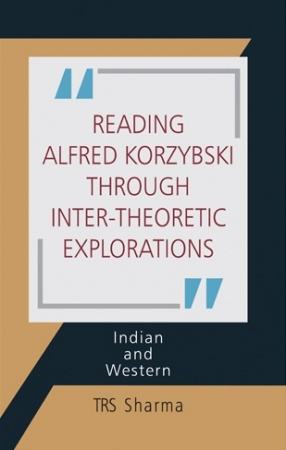
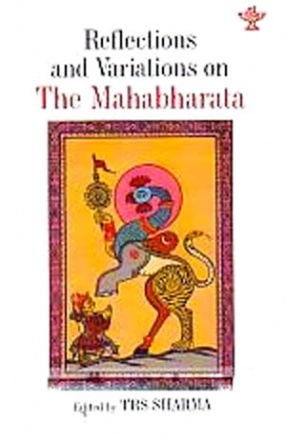
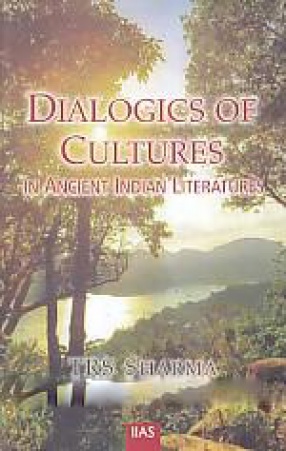
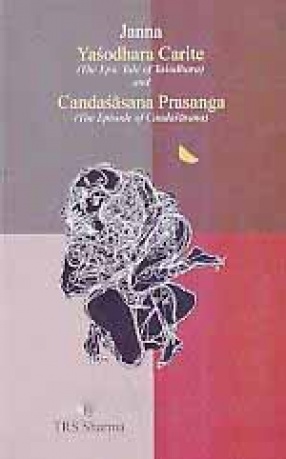


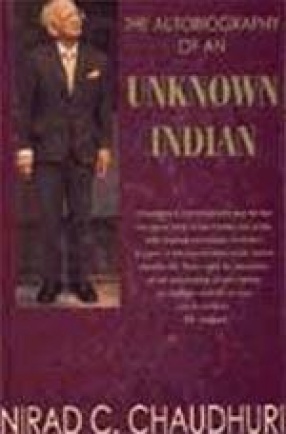


Bibliographic information